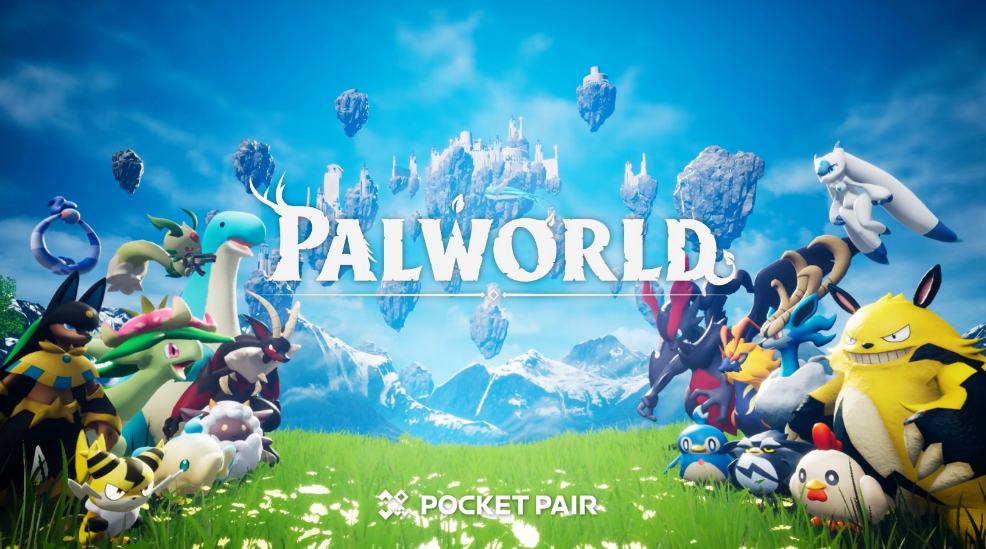
OpenAI GPT (Generative Pre-trained Transformer) is a cutting-edge language processing model developed by OpenAI. It has gained significant attention and recognition due to its remarkable ability to generate coherent and contextually relevant text, making it a powerful tool for a wide range of applications such as story writing, text completion, translation, and even for generating code.
The success of GPT can be attributed to its underlying architecture, the Transformer model. The Transformer utilizes self-attention mechanisms to capture relationships between words in a sentence, allowing the model to understand the meaning and context of the text. This is particularly important in language generation tasks, as it enables GPT to generate text that is both grammatically correct and semantically coherent.
One of the key advantages of GPT is its ability to generalize from large amounts of pre-training data. During the pre-training phase, GPT is exposed to vast amounts of Internet text, which helps it learn the statistical patterns and syntactic structures of language. This pre-training allows GPT to acquire a broad understanding of language and enables it to generate text that is in line with human-like responses.
The power of GPT lies in its ability to generate human-like responses to various prompts. For example, if given a prompt such as "Once upon a time", GPT can generate a full-fledged story by leveraging its knowledge of language and narrative structures. Similarly, if given a partial sentence like "In the future, robots will", GPT can complete the sentence in a way that feels natural and coherent.
GPT has demonstrated impressive capabilities in several areas. In the field of natural language understanding, GPT can generate accurate responses to questions and provide detailed explanations. It can also generate translations between different languages, making it a valuable tool for language translation tasks. Furthermore, GPT has made significant progress in the domain of code generation, providing developers with the ability to generate code snippets based on high-level descriptions.
While GPT has achieved remarkable success, it is not without limitations. One significant challenge is the issue of bias in generated text. GPT is trained on Internet text, which can contain biased or controversial content. As a result, there is a risk that GPT may generate biased or offensive responses. OpenAI has made efforts to mitigate this issue by providing guidelines to fine-tune the model and actively seeking user feedback to improve its behavior.
Another limitation of GPT is its susceptibility to generating plausible-sounding but incorrect or nonsensical responses. This is because GPT is a purely generative model and does not have inherent fact-checking or logic verification mechanisms. While GPT can generate creative and engaging text, it may not always produce factually accurate or contextually appropriate output.
To address these limitations, ongoing research is being conducted to enhance the capabilities of GPT. For instance, methods such as reinforcement learning and fine-tuning on specific datasets can be employed to improve the model's accuracy and bias detection. OpenAI is also working on developing a more advanced version of GPT, known as GPT-3, which aims to address these limitations and push the boundaries of natural language processing even further.
In conclusion, OpenAI GPT is a highly impressive language processing model that has revolutionized the field of natural language understanding and generation. Its ability to generate coherent and contextually relevant text has wide-ranging applications and has the potential to shape the future of human-machine interaction. While GPT is not without limitations, ongoing research and improvements promise to refine its capabilities and make it even more powerful and reliable in the years to come.
如果你喜欢我们的文章,欢迎您分享或收藏为众码农的文章! 我们网站的目标是帮助每一个对编程和网站建设以及各类acg,galgame,SLG游戏感兴趣的人,无论他们的水平和经验如何。我们相信,只要有热情和毅力,任何人都可以成为一个优秀的程序员。欢迎你加入我们,开始你的美妙旅程!www.weizhongchou.cn


![韩国jinricp直播大合集[免费网盘下载]](https://m.weizhongchou.cn/uploads/20240316/b9440bc62395d85b21ebe7ec396c2ce6.png)
![在线韩国直播视频学习网站-PanTV[免费认证账号密码]](https://m.weizhongchou.cn/uploads/20240411/8f4cf550a832003993779c765319470f.png)
发表评论 取消回复